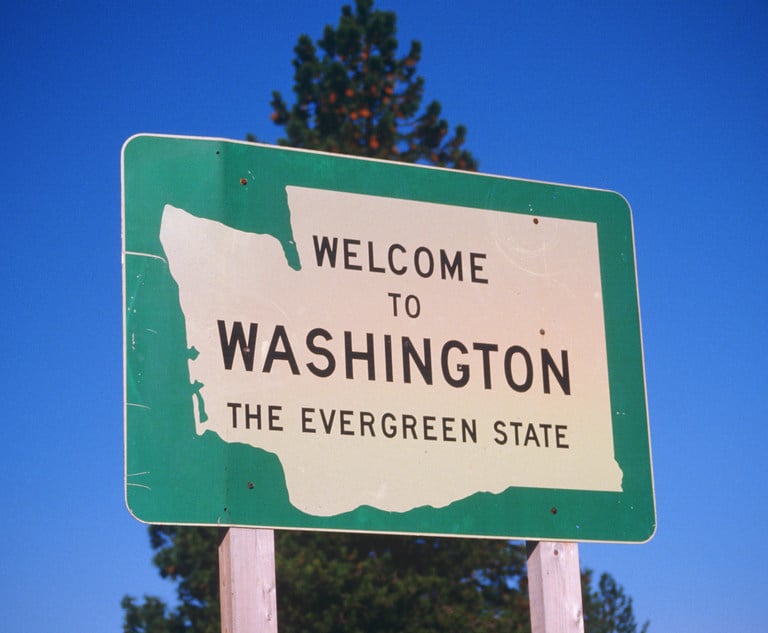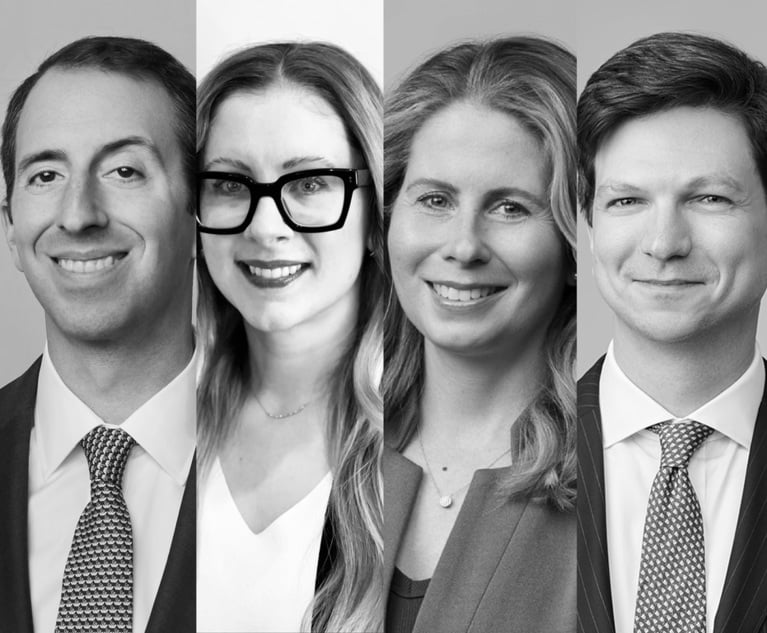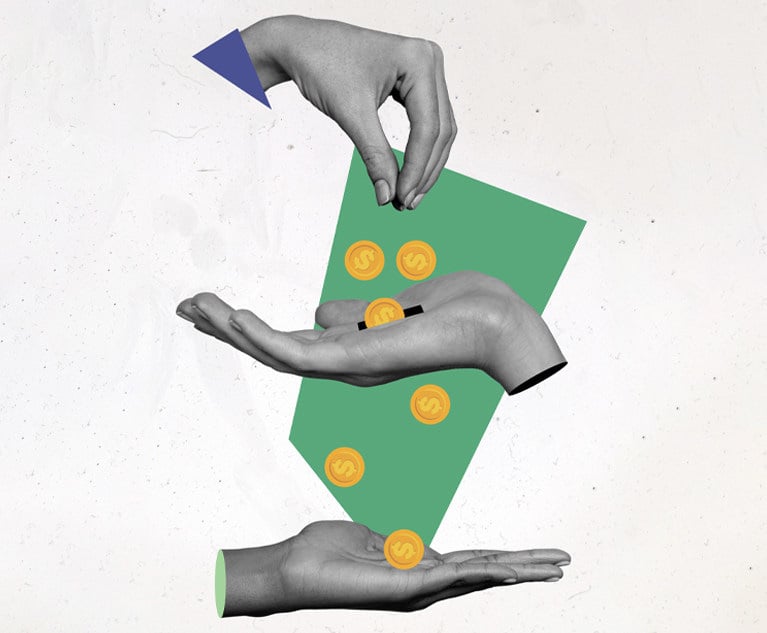COST VS. CULTURE - It’s true that plenty of firms have reduced their physical footprints as more lawyers have shifted to remote work over the past 19 months, but the office appears to be far from obsolete. As Law.com’s Dylan Jackson reports, a number of firms are reaffirming their commitment to their office space and, in some cases, even expanding. Fried Frank, for example, has recommitted to its 400,000-square-foot Manhattan office at 1 New York Plaza. Greenberg Traurig gave up a floor in its new four-story office in One Vanderbilt in New York, but also announced that it is expanding its Westchester County office and plans to open “one or two” more offices in Long Island. Others firms, such as Lowenstein Sandler, are even adding more space, expanding their dining, fitness and concierge amenities in an effort to transform the office into a “destination” for attorneys and staff. While shedding square footage may do wonders for a firm’s rent bill, ‘[t]he cost-savings are not free,” said Jeffrey Welch, executive vice president of the CBRE Group. “There will be cultural impacts when you [reduce space]. If you’re less connected to your firms and colleagues, you’ll be more at risk to lateral movement to other firms.”
OUT OF THE BOX - The pandemic has made trying to predict literally anything a fool’s errand. So it makes sense that juror behavior would now be completely off the wall. As Law.com’s Alaina Lancaster writes in this week’s Law.com Barometer newsletter, a confluence of COVID-related factors are causing more erratic verdicts. Some jury consultants and litigators say the exclusion of unvaccinated individuals from juries and an uptick in prospective juror hardships (along with more sympathetic judges) are leading to less representative jury panels. Meanwhile, as Lancaster writes, “the jurors who do make it in the box, or more likely spread about the courtroom, might be even more polarized than they were before the pandemic. Based on preliminary data, pandemic-era jury makeup and attitudes could lead to more defense verdicts or hung juries, but it could also mean jurors are having more extreme responses to cases involving science.” The upshot of all this unpredictability could end up being more settlements. “That’s one of the good pressures here,” said Harvey Moore, a Florida-based trial consultant. “Ultimately, because we’re resuming trials, there is more pressure on both sides to be reasonable in their settlements.” To receive the Law.com Barometer directly to your inbox each week, click here.










